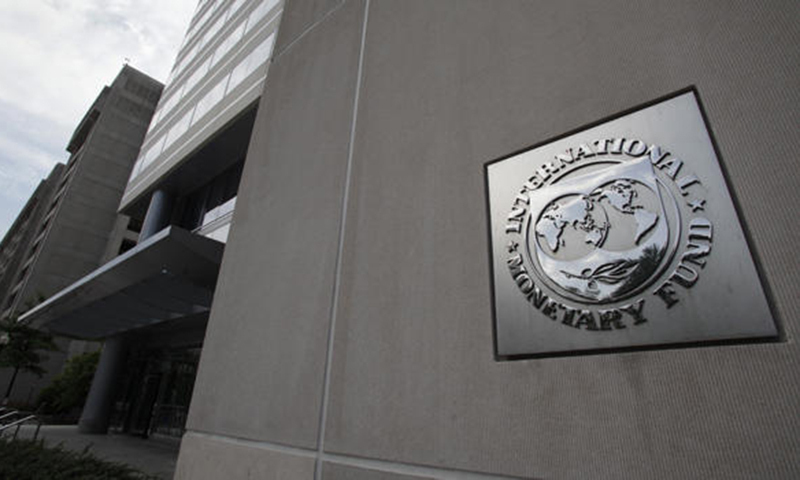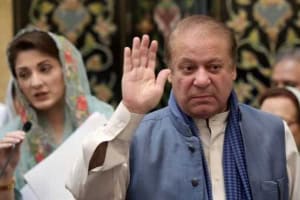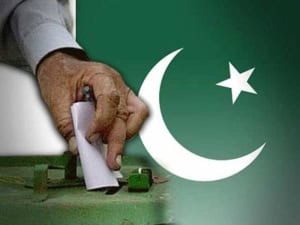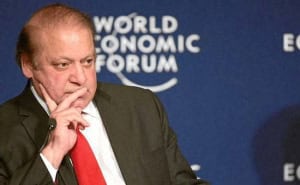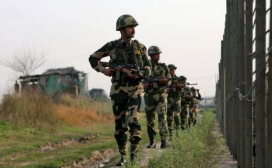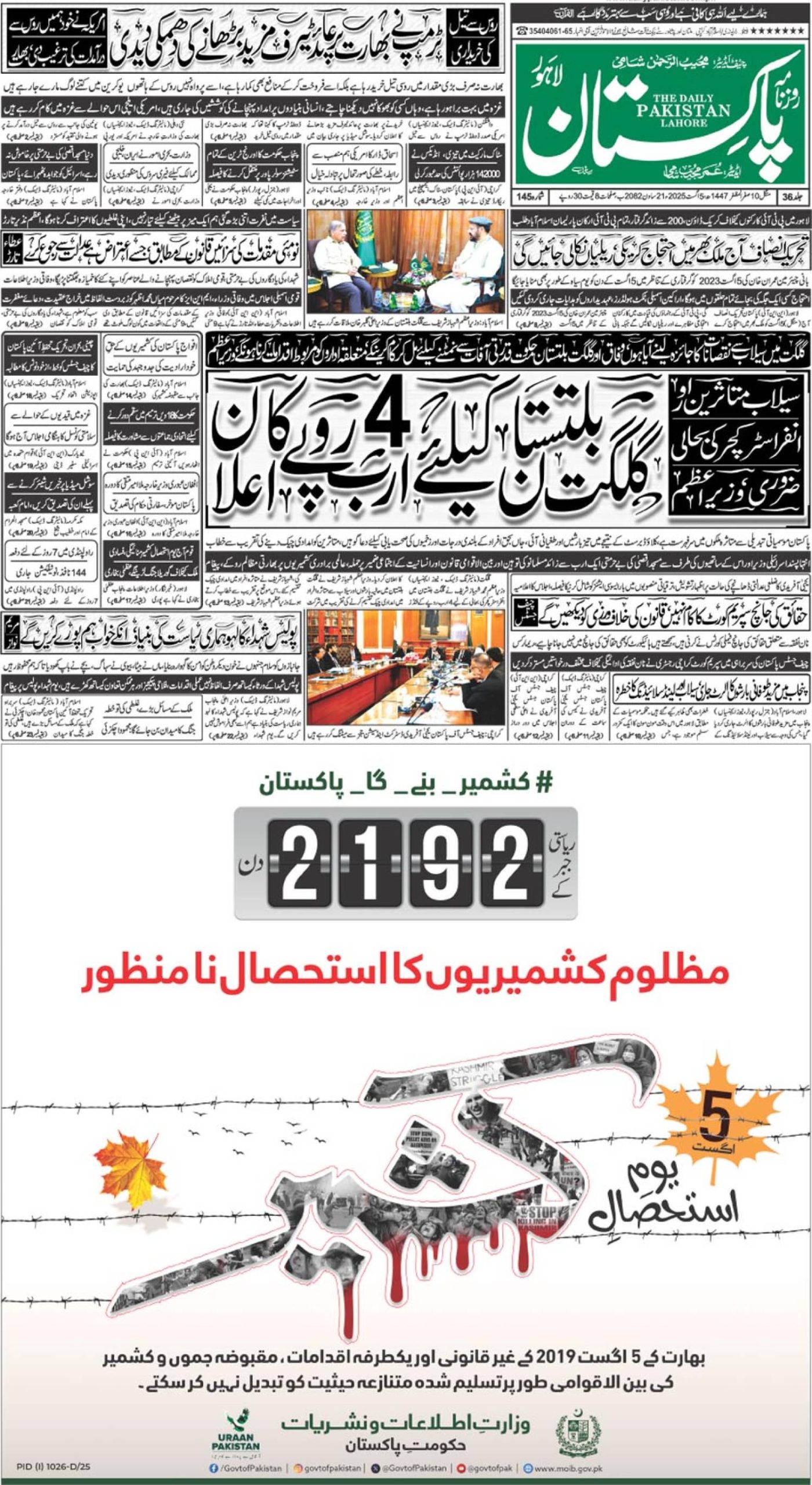ISLAMABAD – The Pakistani government has agreed with the conditions of International Monetary Fund (IMF) to increase the prices of natural gas and electricity in the South Asian country.
The federal government will collect Rs340 billion in three years from increasing rates of gas and power. Limited subsidy will be given to export goods industry, according to reports in local media.
The report comes days after Head of IMF Mission to Pakistan Ernesto Rigo said during a meeting with Planning, Development and Reform Secretary Zafar Hasan that the IMF wanted Pakistan to “protect” its development spending at this year’s level in the coming budget.
Rigo is leading a staff-level mission to Pakistan to finalise the Extended Fund Facility to help Pakistan steer out of the economic crunch.
It is the second staff-level visit of the IMF to conclude the deal for a three-year bailout totaling around $6.5 billion.
Both sides discussed the Public Sector Development Programme (PSDP), China-Pakistan Economic Corridor (CPEC) and other aspects of planning including macroeconomic policies, according to an official statement issued by the ministry after the meeting which was also attended by Chief Macroeconomics Zafarul Hassan.
For fiscal year 2018-19, the federal PSDP was equal to 1.8% of gross domestic product (GDP) whereas the four provinces cumulatively allocated the development budget equal to 2% of GDP. The total development allocation by the Centre and the four provinces is equal to 3.8% of GDP.
However, the Ministry of Finance has given an indicative development budget ceiling of Rs675 billion to the planning ministry for the next fiscal year, which was equal to only 1.5% of GDP and lower than the current fiscal year. There is another critical condition of the IMF that seeks primary fiscal balance next year which means the government’s total expenditure, minus interest payments, should be met from its revenues.
It is expected that this year again there will be primary deficit of around 2% of GDP. To turn it into surplus, the government either has to cut its development budget, defence budget or massively scale up tax revenues.
